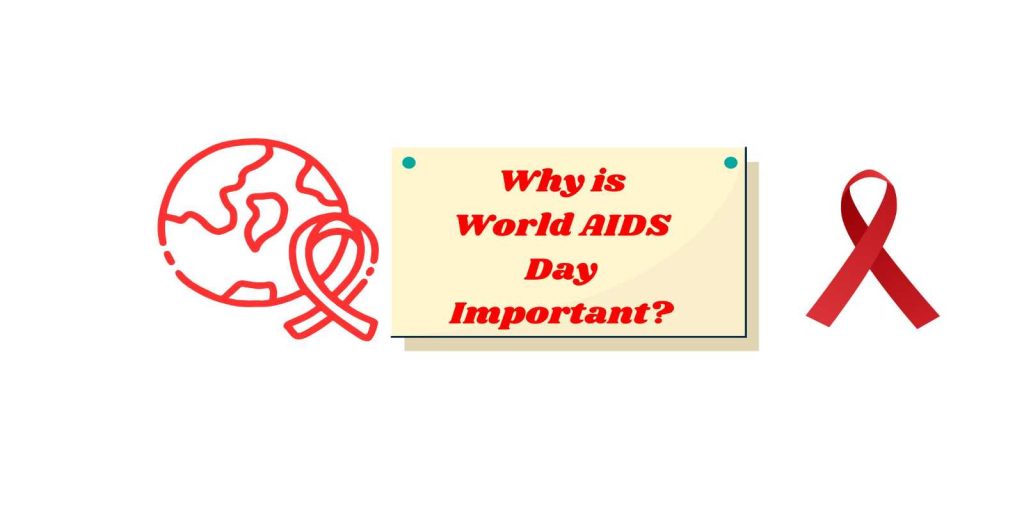Introduction
World AIDS Day, observed on December 1st, serves as a crucial reminder of the ongoing fight against HIV/AIDS. While significant progress has been made, the day underscores the importance of awareness, support, and action. But why is this day so vital? Let’s explore its significance in detail.
Why is World AIDS Day Important?
- Raising Awareness
- Many people still lack accurate information about HIV/AIDS.
- World AIDS Day ensures widespread dissemination of knowledge about prevention, symptoms, and treatments.
- Reducing Stigma
- People living with HIV/AIDS often face discrimination.
- Observing this day promotes empathy and challenges the misconceptions about the disease.
- Encouraging Testing
- Early detection is crucial in managing HIV.
- Events on World AIDS Day often provide free or subsidized testing facilities, encouraging people to know their status.
- Highlighting Medical Advancements
- The day celebrates the progress made in HIV treatments, like antiretroviral therapy (ART).
- It also highlights the need for continued research and funding to find a cure.
- Honoring Lives Lost
- It’s a time to remember those who have succumbed to AIDS-related illnesses.
- Memorials and vigils help people reflect and renew their commitment to ending AIDS.
- Global Unity
- World AIDS Day unites governments, organizations, and individuals in the fight against HIV/AIDS.
- International collaborations are crucial for addressing the global impact of the epidemic.
- Advocating for Rights
- It emphasizes the rights of HIV-positive individuals to access treatment, education, and employment without discrimination.
- Mobilizing Resources
- Fundraising efforts on this day contribute to supporting affected individuals and advancing research.
Conclusion
World AIDS Day is more than just a date on the calendar; it’s a call to action. By understanding its importance, we can collectively work toward a world where HIV/AIDS is no longer a threat.

